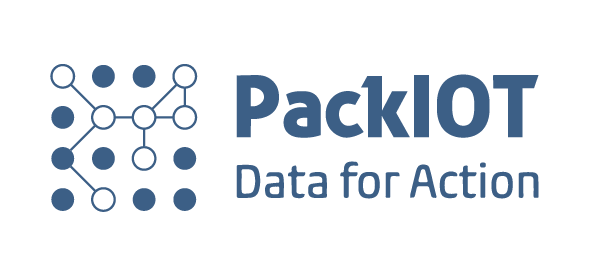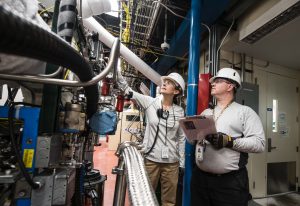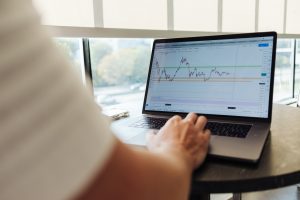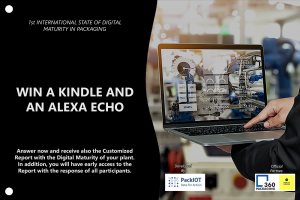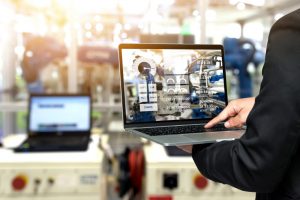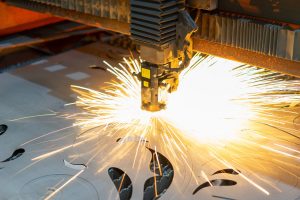Lean Manufacturing Implementation: from zero to hero
For any type of business that wants to be successful, they will need to understand and fully implement the lean manufacturing principles. This is a business concept that has been around for decades but it is only now that the actual effects of the lean manufacturing method are being felt. If you go back to the 1970s, many large corporations tried to use lean manufacturing methods as a way to cut costs and improve productivity. But now, almost every major company that you look to for a new job or even an employee is doing this. What is Lean Manufacturing? Lean manufacturing, or Lean production, is a management philosophy from the Toyota Production System that focuses on reducing the seven types of waste (overproduction, lead time, transportation, overprocessing, inventory, motion, and defects). By eliminating this waste, quality improves and production time and costs decrease. Lean tools include continuous review processes (kaizen), pull production (in the kanban sense), and fail-safe elements/processes (Poka-Yoke). Lean Manufacturing was developed by Toyota executive Taiichi Ohno during Japan's post-World War II reconstruction period. The term was coined in 1988 by John Krafcik, but more clearly defined and popularized by James P. Womack and…
